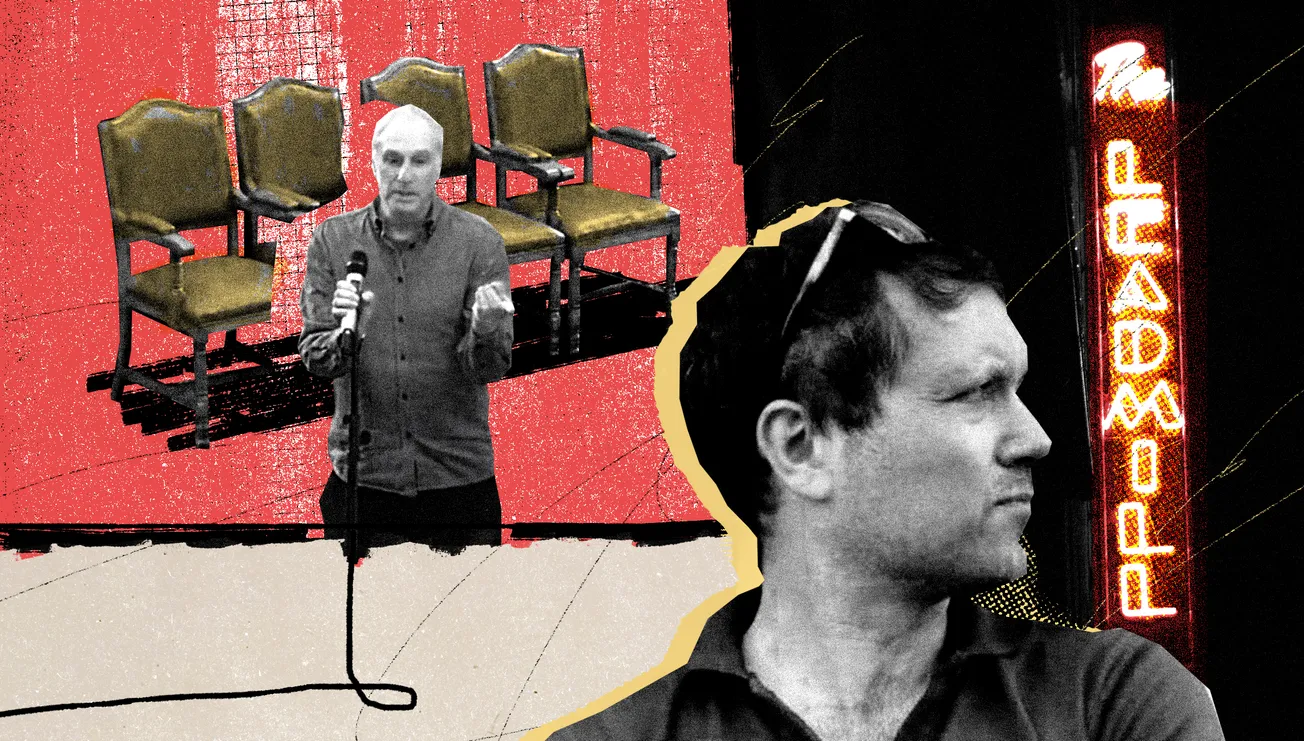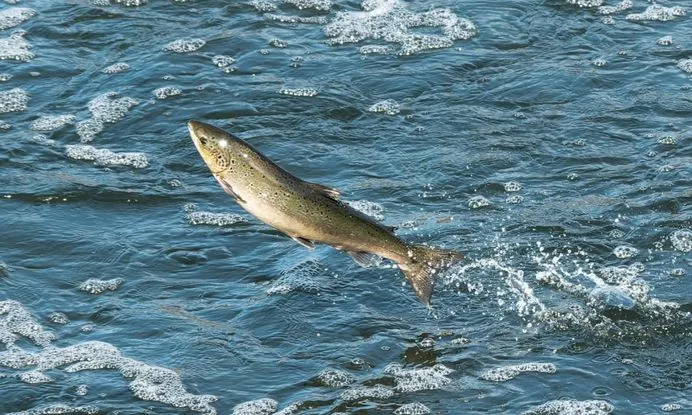“Sheffield DocFest is back in-person!” exclaims board chair Alex Cooke in the press release sent out to announce the return of the festival for 2022. The first fully face-to-face event since 2019 will feature 38 world premieres among a 135-film line-up, as well as talks from the historian David Olusoga and the pop star Will Young, amongst others.
Notably, there is no mention of last year’s festival in the press release. While DocFest’s Covid-hit “hybrid” 2021 edition was hailed a success in the press, it turned into a bit of a mess in the aftermath. Just weeks after the festival closed, artistic director Cintia Gil unexpectedly left, citing “artistic differences” with the festival’s board. Then, just a week later, the entire programming team announced they had been let go without so much as a thank you and goodbye.
In an open letter the programmers sent to the leading American film magazine Variety, they described being “silently locked out” of their email accounts, while all information about their work over the past three years — including their names and photos — had been “scrubbed from the website”. The festival has always maintained their fixed-term contracts had come to an end but the former employees pointed out they didn’t have to reapply after the 2020 festival.
So what has been happening since then? Clare Stewart, the former director of the London and Sydney film festivals, was brought in as interim CEO in November 2021 with a remit to create a strategy that will guide DocFest through its next five editions, including its 30th anniversary in 2023. At the same time, British documentary maker Asif Kapadia (Senna, Amy, Diego Maradona) was brought in as guest curator. And this week I spoke to Raul Niño Zambrano, the festival’s new head of film programmes, who took up his role in February.
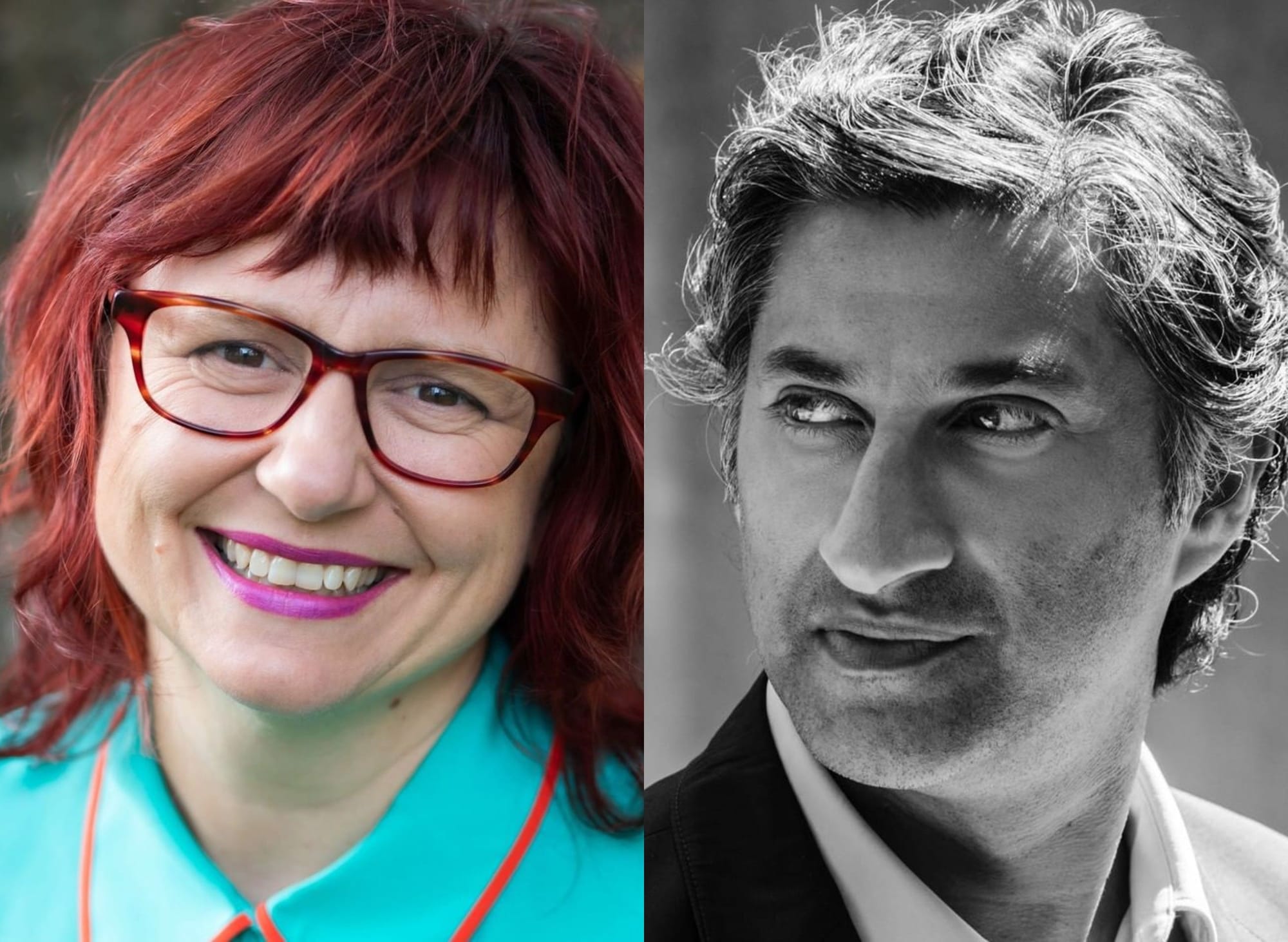
Originally from Venezuela, Zambrano came to Sheffield from International Documentary Film Festival Amsterdam (IDFA), where he had worked for 13 years. Coming on board so late meant he had a “big, big task” to whittle more than 2,000 entries down to the 135 they finally selected. 135 films is fewer than they would normally show, reflecting the shorter timescale the artistic team have had to create the programme. But he tells me sometimes concise is better. “I think we can give a better message when we have a smaller programme,” he says.
The festival’s 29th edition will open next Thursday, June 23 with Brett Morgan’s David Bowie documentary Moonage Daydream. Described as a “cinematic odyssey” exploring one of the most significant musical artists of the twentieth century’s creative, spiritual and musical journey, the film premiered in Cannes last month. Sheffield will be the only place people will be able to see it in a theatre until it goes on release in September.
Zambrano says he is “super proud” to have Morgan’s much-anticipated and Bowie-estate-approved film opening the festival. “It’s just one of these gems,” he tells me. “When we were invited to watch the film beforehand, it was such an immersive, cinematic experience. It’s not a film that is just for the fans but it is also for the cinephiles too. The energy at Sheffield City Hall will be amazing. It will be a beautiful event.”
At the opposite end of the spectrum is Swing and Sway, a documentary which tells the story of two friends separated by thousands of miles responding to the challenges of living in Brazil and the United States under the leadership of Jair Bolsonaro and Donald Trump. The film follows them as they communicate through video letters over the course of a year, with each “letter” inspired by a different experimental female filmmaker.

When I ask whether the two films he picks out illustrate a tension at DocFest between commercial and artistic pressures, Zambrano says some tension is inevitable. “Everybody has their own vision but I want the festival to be a reflection of what is happening now in the documentary world,” he says. “There are wonderful pieces made for television as well as blockbusters and experimental or independent pieces. There is a big spectrum and rather than being fixated on only one of these, we really need to mirror and reflect that.”
Zambrano also says he’s delighted that the festival includes an entire programme of documentaries from Ukraine. People might expect these films to be focused on the war in an entirely journalistic way — and many of them are. But there are also more experimental and observational, cinematic and thought-provoking films included in the schedule.
There are documentaries about tennis great John McEnroe, Wikileaks founder Julian Assange, American artist David Hammons and feminist writer Andrea Dworkin. But the festival also features documentaries about a group of amateur filmmakers from Bradford and another about Studio Electrophonique, a recording studio set up in a suburban Sheffield house which launched the careers of legendary bands ClockDVA, The Human League and Pulp.
One of the criticisms levelled at the festival by the programmers who were ousted last year was that Sheffield DocFest was too often used by the board to push projects that had come from their companies or those of their professional connections. Asked directly if his team had been put under any pressure by board members to include films from broadcasters against their will, Zambrano replies: “Not at all.”
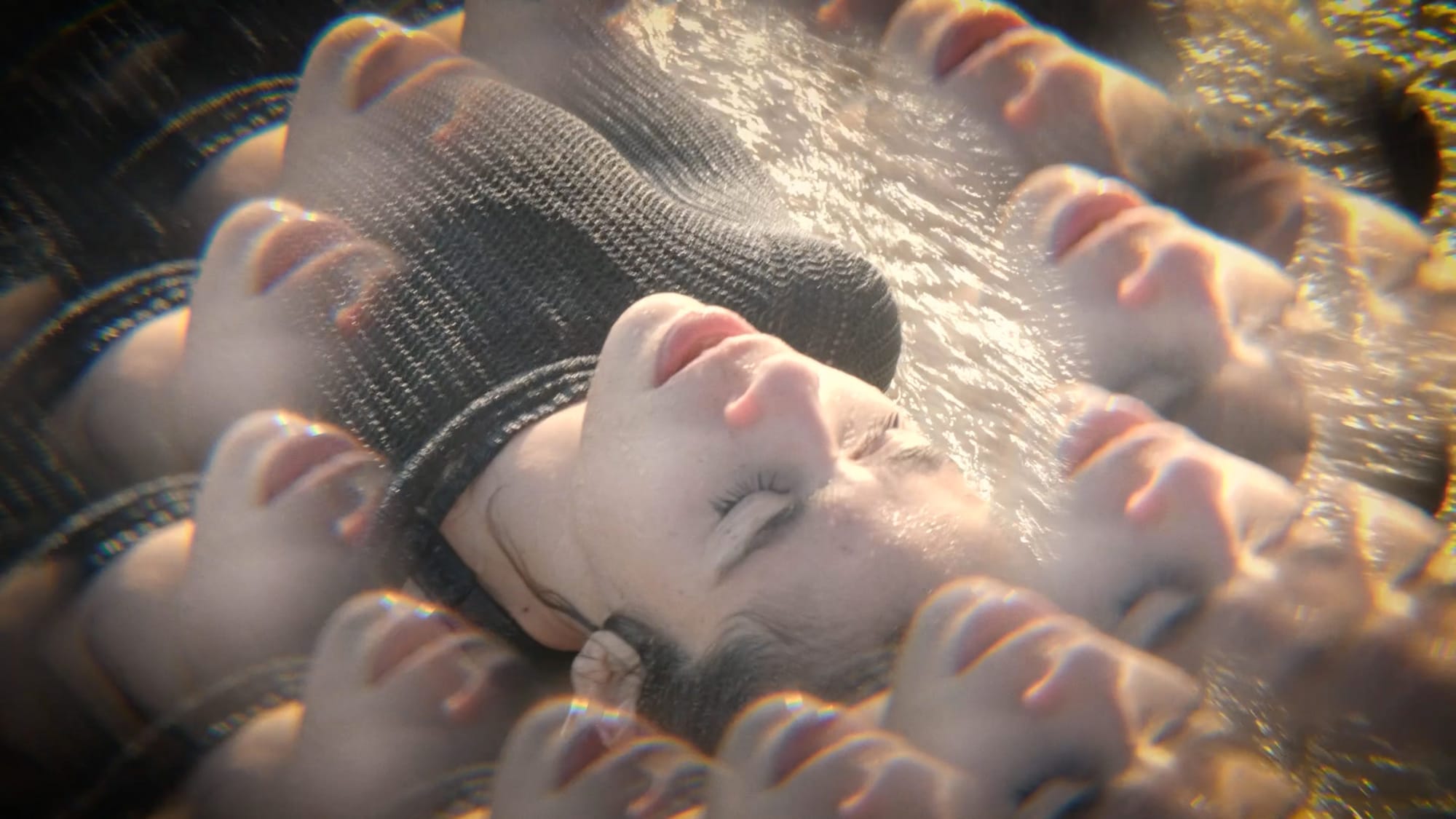
However, like board chair Alex Cooke, he says the biggest factor in the 2022 edition is the return of an entirely in-person festival experience for the first time in three years. “Filmmakers are really dying for their films to be seen again on the big screen,” he tells me. “There is something about this magical moment when you are in a cinema. For audiences and also for filmmakers, this is really getting back to what we are used to.”
It’s obviously the festival’s leadership team’s job to be positive about their programme. But what do other people make of it? One academic told me she is impressed: “The festival is still diverse and looks good,” she says. “The team have worked incredibly hard to get this festival to where it is this year under the leadership of the new CEO and the programme has a strong international feel to it.”
However, she says there is still no sense that the board had acknowledged or reflected on what happened last year. “I guess they are hoping that people have forgotten what happened,” she tells me. “The chair wrote something about what DocFest stands for recently that said the festival was about holding people in power to account. That is the opposite of how Cintia and others were treated by the board.”
In response to a specific question about the way last year’s programmers were treated, interim CEO Clare Stewart told The Tribune in a statement that part of her brief was to “sustain a positive programme environment”. However, one of the programmers we spoke to told us he was “still pretty angry” about what had happened and said it had been a factor in him deciding to leave the UK to return to his home country.

“As the festival was going on, all the feedback I heard was that ‘oh, we love what you’re doing’ and ‘we love the direction this is going in’,” he told us. “In my own conversations with the director [Cintia Gil], she was laying out a vision for the future of the festival and plans for the next six months, one year and five years ahead.” But he says this excitement came to nothing when Cintia and the programmers were unexpectedly let go in August.
Gil’s departure was blamed on “artistic differences” at the time, but the programmer we spoke to says that no alternative artistic vision was ever put forward by the DocFest board. “I thought our team was contributing to a festival that was very diverse and led by artistic and political work with a multiplicity of voices and perspectives,” he says. Why they didn’t want to let them continue remains a mystery to him. “It still baffles me,” he tells me.
Asked if he accepts that tensions exist between commercial pressures and artistic vision, he says the dichotomy is too simplistic. “We think what is the entry point for audiences into this work but that doesn't necessarily mean that it needs to be something which is more commercial,” he says. “As for the programme, there are certainly films showing in the festival that I would have programmed myself but probably a lot I wouldn't have as well.”
Of those documentaries he’s happy to see in the programme, he says some of the films in the Ukrainian programme are particularly good, including Oleksiy Radynski Infinity According to Florian. Like Zambrano, he also picks out Swing and Sway as a highlight, but overall says the festival seems to have moved away from the more artistic and political work that was being pursued during the last two years in favour of increasingly commercial and mainstream content.
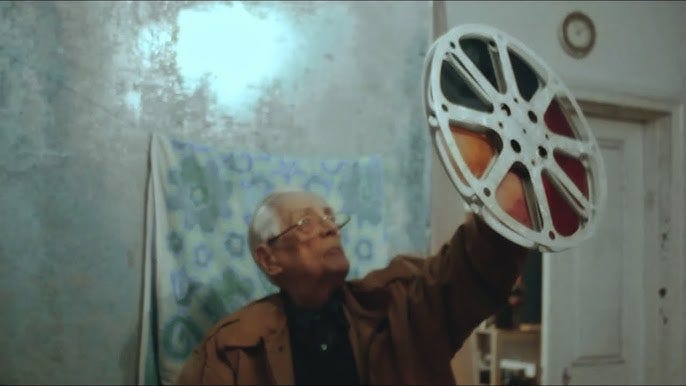
However, more than creative differences, it’s the way they were treated by DocFest that still rankles most among the former programmers. “There isn’t the realisation of the actual work and labour that goes into film programming,” he tells me. “People think it’s a fun job that people love to do so they think they can pay them less than we should. They think that we are expendable.”
He says something similar recently happened at the International Film Festival Rotterdam (IFFR), and that he believes both episodes expose a bitter irony in the way that some festivals operate. “They put on lots of work that is politically motivated or is trying to expose injustice,” he tells me. “But their working practices sometimes fall short of the films that they show.”
Sheffield DocFest begins on Thursday, June 23 and runs until Tuesday, June 28. For the full festival programme (including details of how to watch online), see the website. Are you going to this year’s festival? If so, let us know what you’re planning to see and what you think about this year’s programme — just hit reply to this or any Tribune email.

Comments
Sign in or become a Sheffield Tribune member to leave comments. To add your photo, click here to create a profile on Gravatar.



